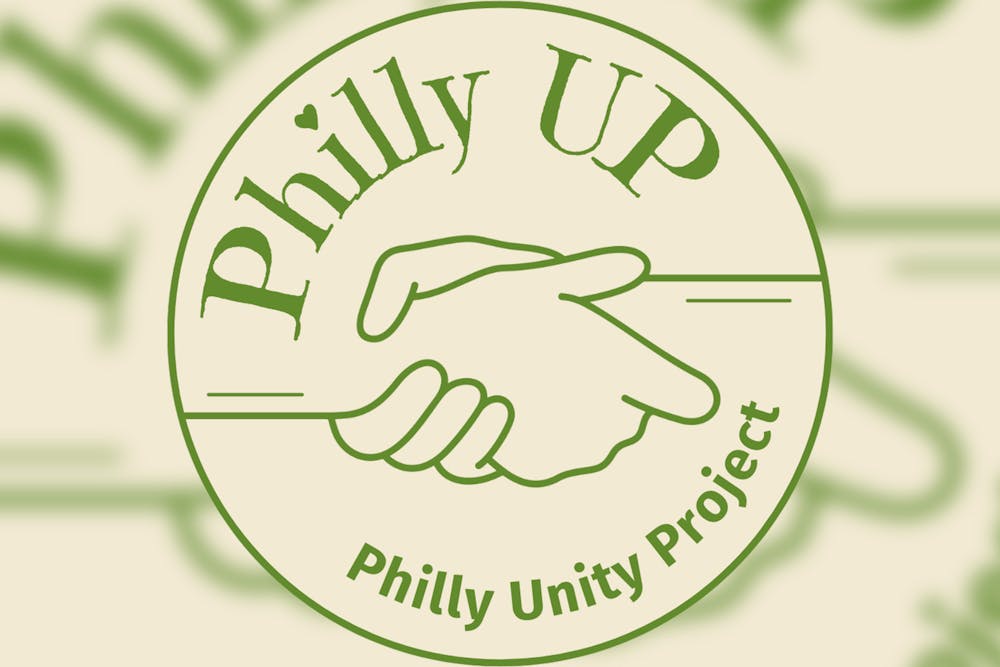Philly Unity Project, a nonprofit organization co-founded by a Wharton first year, launched this semester with the goal of deconstructing racial, cultural, and religious barriers through discussion-based educational programs.
Wharton first year Tsion Bezabih established the organization alongside Larry Kaplan, her former high school teacher who graduated from Penn in 1997 with a master's degree of science in education. Philly UP aims to provide young students with free, educational service projects and travel opportunities to foster empathy and inclusivity.
Bezabih said that she came up with the idea as a senior in high school while writing a college essay. She wrote about wanting to create a nonprofit organization to help support orphanages in Ethiopia. Upon learning of Bezabih's vision, Kaplan said that he was deeply moved and resolved to assist her in its realization.
"I helped Tsion with her college essays, and she wrote how she wants to return to Ethiopia to help kids," Kaplan said. "I thought it was an amazing idea."
With their shared objective, Bezabih and Kaplan began a collaborative brainstorming process to lay the groundwork for the organization. An inaugural initiative, the Global Youth Collaborative, was designed to provide a platform for Philadelphia youth to explore global perspectives through educational seminars on diverse nations.
"An example of a country we are planning to explore is Ethiopia, and our services for our service projects would be going to the orphanages and helping them with whatever they need," Bezabih said.
In the next six to twelve months, Philly UP aims to secure the requisite funding to sustain its operations. It will further engage with local high schools in Philadelphia in forming student cohorts, which will meet regularly to hold open conversations on topics such as identity, ethnicity, and religion.
Bezabih and Kaplan said that they encountered challenges in assembling their inaugural cohort of students and securing the necessary funding.
RELATED:
Philadelphia mayor Cherelle Parker names three Penn alumni to serve on school board
3 Penn graduates, Wharton conference participants talk TikTok, backpacking, AI with DP
"There are grants that we're going to apply for, but grants are difficult because we've only been established for a few months, and sometimes you need to be operational already to get these grants," Kaplan said.
Despite these obstacles, Bezabih and Kaplan both emphasized their conviction in their organization's transformative potential. They assert that by fostering cross-cultural understanding and appreciation, the initiative possesses the capacity to effect profound societal change.
Bezabih, who studies finance and entrepreneurship at Penn, said that her academic pursuits have given her confidence in her ability to navigate the complexities of steering Philly UP toward its objectives.
"As a working student, I feel I have really learned what it takes to be a leader and lead a nonprofit as a cofounder," Bezabih said. "I have been able to network better and communicate with other people better."
Kaplan added that the organization believes it can change communities, schools, and people.
"We just need to have people that are willing to learn," Kaplan said.









